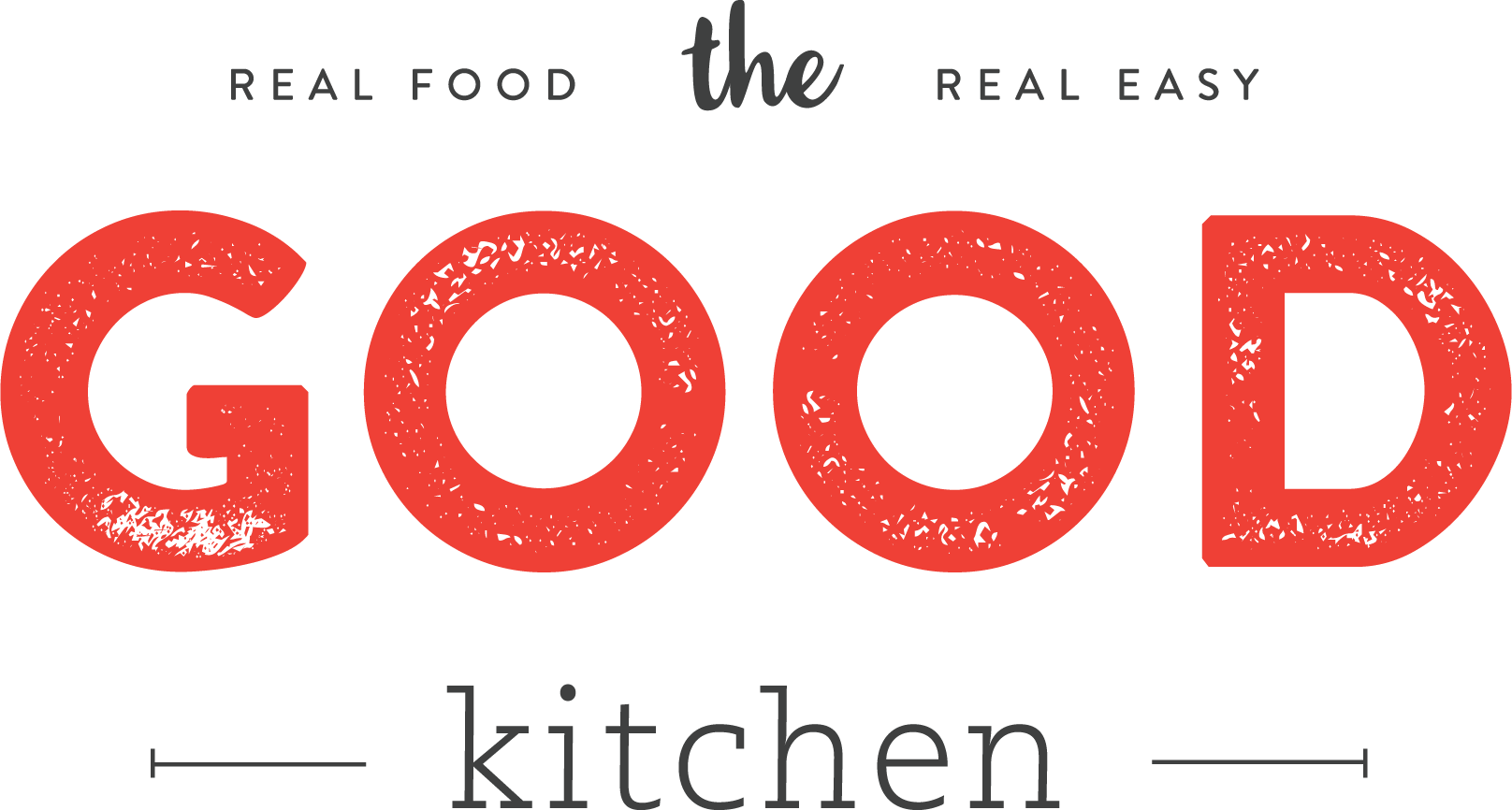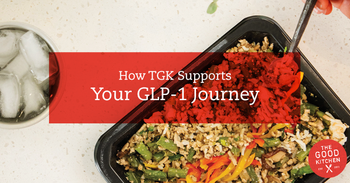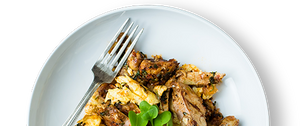Why Antibiotic-Free Food Matters

We’re all about the saying, “Let thy food be thy medicine.” But it’s very different when there’s actual medicine in our food. That, we are not all about. So today, we’re covering the problem of antibiotics in the food supply, and why choosing antibiotic-free food is at the heart of responsible sourcing.
Why are Antibiotics in Our Foods Anyway?
Our food system is great at producing massive amounts of food on the cheap. But making cheap food often comes with hidden costs, and that’s the case when it comes to industrial animal farming (think: fast food chicken, not the grassfed, grass-finished steak you bought from your local butcher). Around 99% of animals raised for food in America are raised on industrial farms – aka “factory farms" – where they live in crowded, often unsanitary conditions. This sort of environment is bad news for animals’ immune systems, and is a prime breeding ground for pathogens.

To keep animals alive in these unnatural environments, agribusiness companies have developed a habit of doling out antibiotics to animals like daily vitamins, even if the animals aren’t sick. While estimates vary greatly and data collection is difficult, even conservative industry estimates state that the majority (60%) of antibiotics produced in the U.S. are given to farm animals. The Union of Concerned Scientists estimates a much higher number at around 90%. This is bad news for public health, but it’s a win-win for the companies: the antibiotics keep animals alive in otherwise deadly environments and help them gain more weight in a shorter time, since some antimicrobials promote greater nutrient absorption. This isn’t just delaying consequences. It’s compounding them. Bacteria have a knack for adapting and building resistance to antibiotics when they’re regularly exposed, and that’s exactly what’s happening on these farms.
In the U.S., 88% of pigs receive antibiotics like tetracyclines in their feed for disease prevention and growth promotion purposes
Unfortunately, what happens on the farm doesn’t stay on the farm. Antibiotic-resistant superbugs bred in factory farms can infect humans too.
What's the Risk?
The way antibiotic resistance is transferred from animals to humans involves a complex web of interactions and potential transmission points. Put simply, transmission can happen directly or indirectly. Consuming foods that contain antibiotic-resistant bacteria or antibiotic residues can contribute to resistance (Consumer Reports revealed that nearly half of all chicken that’s sold is contaminated with antibiotic-resistant campylobacter). Contact with farm animals or farm workers can also directly transmit resistance. People can also be indirectly exposed just by existing in an area where there is a “resistance reservoir” in the environmental biome – which can be created by the spread of animal waste from factory farms into the environment.
In addition, recent research shows that DNA segments associated with drug resistance can jump between different species and strains of bacteria “with disturbing ease.” This means that cultivating antibiotic resistance in one bacterial strain in one location can lead to resistance in a totally different strain, far from the farm or hospital where the resistant genes originated. As such, the bacteria brewing in factory farms affects the usefulness of antibiotics across the globe.

Already, at least 2 million Americans get an antibiotic-resistant infection every year, and at least 23,000 don’t survive these infections, according to the CDC. Globally, conservative estimates indicate that antibiotic-resistance kills 700,000 people per year, and public health organizations are raising the alarm about the growing threat of antibiotic resistance.
Antibiotics are a public trust. They allow humans to combat otherwise deadly infections. So why are we allowing animal agribusiness to play chicken with the growing threat of antibiotic resistance? As public health experts push for policy change, we as eaters can take a stand by taking antibiotics off of our plates. In doing so, we’re telling companies that we value public health and animal welfare more than we value cheap hamburgers –– all by simply eating good food.






